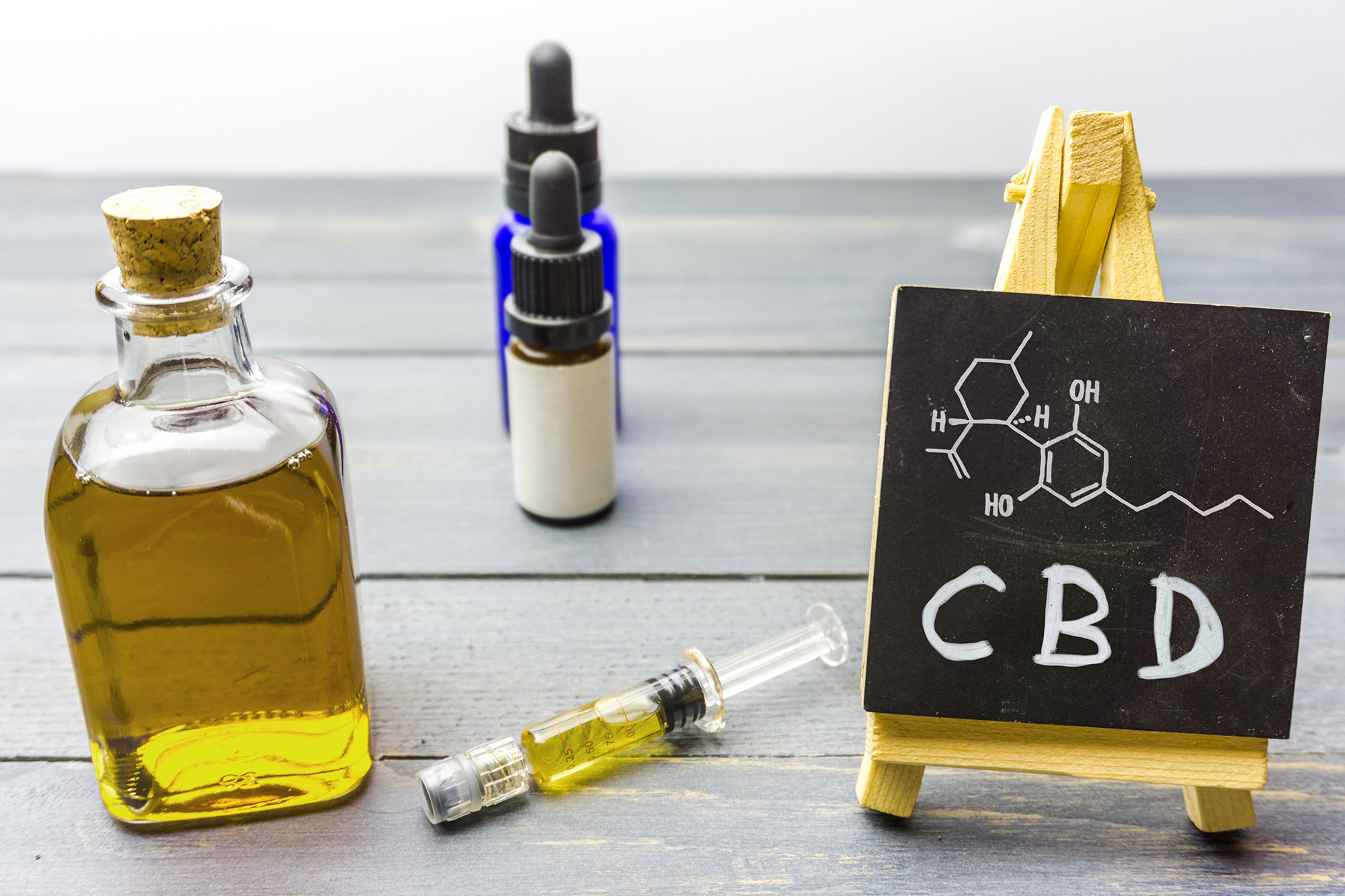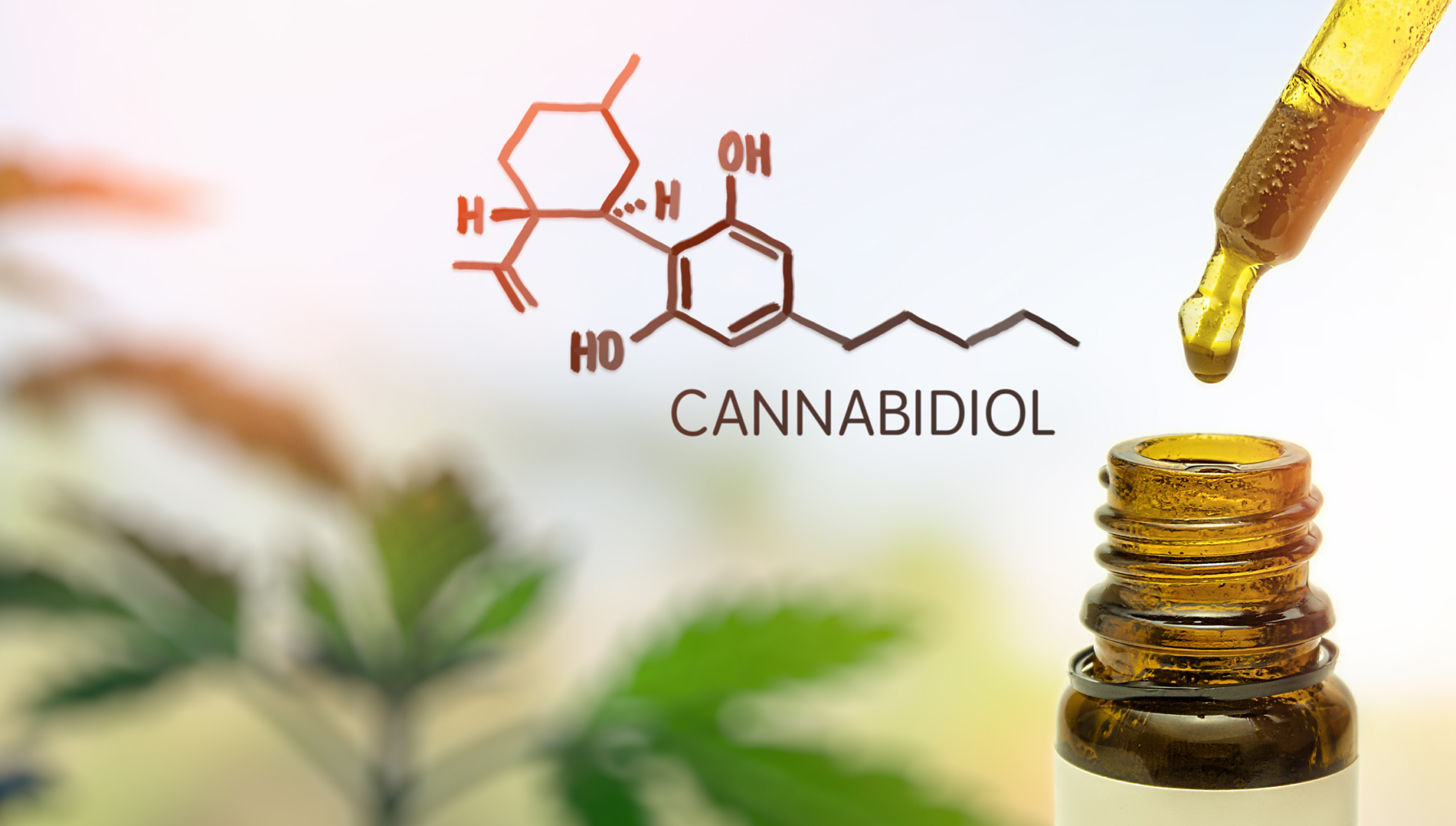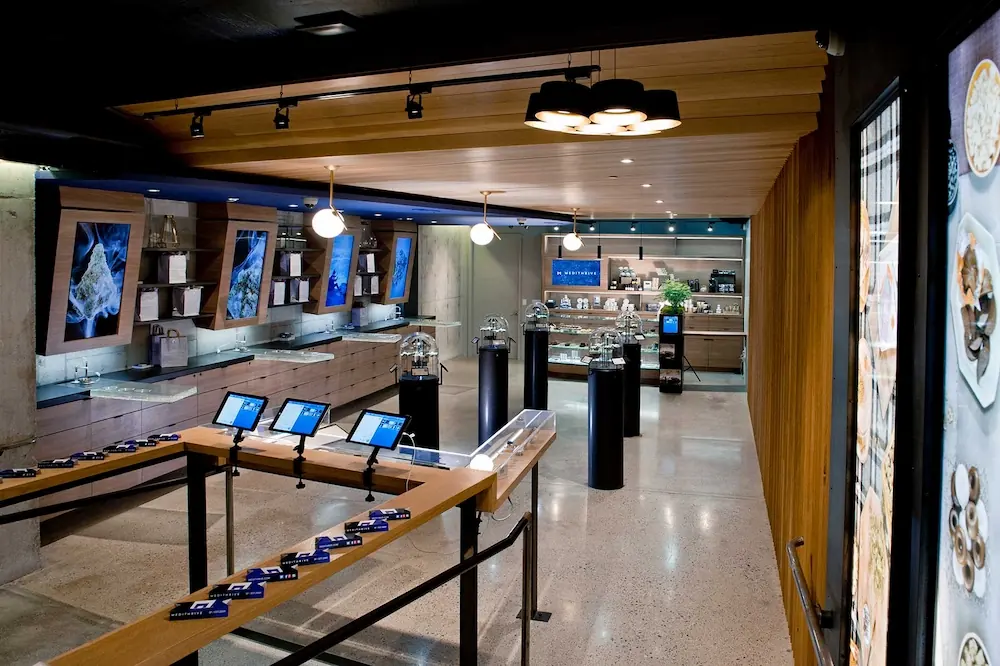CBG vs CBD: What’s the Difference?

Even though CBG and CBD can both perform many of the same duties, their effects on your body are distinct. When comparing CBG vs. CBD, it’s important to know what experience you want to achieve and the best path to those results.
Today, we will make it easy for you to decide whether you need a product with CBG, CBD, or both. We will explore what science has to say about each cannabinoid and whether the entourage effect can offer the best of both worlds.
The Basics of Cannabinoids
Cannabis has been used for medicinal purposes for thousands of years, but only recently have we been able to conduct such extensive research. The complexity of the cannabis genus is incredible, and researchers are constantly making new discoveries about it.
However, ever since science has begun studying cannabis, they have observed cannabinoids, the chemicals found in marijuana that have effects on your body and mind.
Through interaction with cannabinoids, the endocannabinoid system regulates various processes, like:
- Mood
- Appetite
- Pain and Inflammation
Tetrahydrocannabinol (THC) is the most well-known cannabinoid and is responsible for making you feel high. But cannabidiol (CBD) and cannabigerol (CBG) are non-psychoactive cannabinoids with a myriad of benefits.
Studies have shown that together, CBG with CBD can reduce inflammation in the airways, digestive system, and more. 1 2 3 But that’s just the icing on the cake because CBD and CBG are only two of more than one hundred cannabinoids found in the cannabis plant.
CBGA: The Precursor Cannabinoid
Scientists discovered CBG back in 1964, and Raphael Mechoulam and Yechiel Gaoni synthesized it in 1971. It was an exciting find because it plays a vital role in the production of other cannabinoids.
You see, CBG is like a bridge between THC and CBD. It starts as a compound called cannabigerolic acid (CBGA), which is found in young cannabis plants. As the plant grows, CBGA turns into other cannabinoids like CBD and THC. This is why it’s considered the “mother of all cannabinoids.”
Like CBN, CBG is found in raw cannabis sativa before it is exposed to light, heat, or ages in any way. Unfortunately, we don’t know as much about this cannabinoid as the others. It simply hasn’t been studied to the extent that it deserves. But researchers think CBGA has fantastic properties, like anti-inflammatory and anti-tumor effects.
Fun Fact: In 1979, CBG was also isolated from a plant called Helichrysum umbraculigerum, disproving the common belief that cannabis is the only source of phytocannabinoids. Healers in South Africa have traditionally used this Asteraceae species to alleviate symptoms like headaches, PMS, and pain.
The Future of CBG
CBG seems to have a lot of potential for certain conditions. People who struggle with inflammation, pain, and mood disorders like anxiety or depression might find CBG to be helpful.
In fact, in a survey performed by Ethan B. Russo, Carrie Cuttler, and six other researchers, about 70 percent of people using CBG reported that it was even better than their usual medications. They took medication for anxiety, pain, depression, and sleep problems.
Another similar survey was conducted one year later, and it was published in the October 2022 issue of the journal Cannabis and Cannabinoid Research. Studies also suggest that CBG may also help with conditions such as glaucoma and certain types of cancer. 4 5

CBD: The Spotlight Stealer
After tetrahydrocannabinol (THC), cannabidiol (CBD) is the second-most studied cannabinoid. Unlike THC, CBD does not cause any psychoactive effects. In fact, it combats them when taken together!
Furthermore, CBD has become the subject of extensive research, with a plethora of studies flooding the internet. This growing body of research has contributed to our keen understanding of CBD’s potential benefits and applications.
This cannabinoid star is primarily extracted from hemp plants, which are known to contain high levels of CBD and minimal THC. You can find it available in a variety of forms, including:
- Oils
- Tinctures
- Capsules
- Topicals
- Edibles
You may know that one of the key potential benefits of CBD is its pain relieving properties, but it can do way more than that. CBD has also gained popularity as more and more people reach for it to promote calmness and relaxation, particularly for the management of stress.
CBD for Sleep
Others turn to CBD as a natural alternative to help alleviate common mental health concerns and to improve the quality of their sleep quality. If you are looking for an alternative holistic approach to support a healthy sleep pattern, CBD might be your next favorite remedy.
CBD for Skin
Moreover, topicals containing CBD have also gained traction in recent years for their potential benefits in managing various skin conditions such as acne, eczema, and psoriasis. That’s because the anti-inflammatory properties of CBD may help soothe irritated skin and promote overall skin health!
CBD for Seizures
Even more impressively, CBD has also shown so much promise in treating epilepsy that there is an FDA approved CBD-based medication for certain seizure disorders! Preliminary research suggests that CBD possesses neuroprotective effects, potentially benefiting individuals with neurological disorders.
As CBD research continues to expand, it is essential to stay informed and consult with healthcare professionals for personalized advice and guidance. The potential benefits of CBD make it an exciting area of exploration for individuals seeking natural alternatives to support their well-being.
How CBG and CBD Work
Science has only brushed the surface of CBG, but we already know so much.
What we do know is that CBD and CBG plant compounds help to slow the breakdown of our natural endocannabinoids, making them last longer in our system. So, by enhancing our endocannabinoid system (ECS) with plant cannabinoids, we can give it a little extra support and help our body maintain balance even better.
The ECS controls many bodily functions, including emotions, sleep, pain, and the immune system’s response to infection. The effect is based on how receptors are influenced.
But since CBD and CBG work so closely with one another, instead of discussing each separately, we will discuss each receptor and which cannabinoid dominates the scene there.
CB1 Receptor
CBG doesn’t get you high or impair your abilities. But it also doesn’t work against the effects of THC by reacting with the CB1 receptor like CBD does.
That makes it great for those who want the benefits of cannabis without the mind-altering effects, but it won’t reduce your THC high.
CB2 Receptor
CB2 receptors are primarily found in the immune system and peripheral tissues. They play a role in regulating inflammation and the immune response.
Both CBG and CBD bind to CB2 receptors, which causes their anti-inflammatory, analgesic, and neuroprotective properties…but CBD seems to do it better.
5HT1A Receptor
Also, unlike CBD, which binds to the serotonin receptor known as 5HT1A, CBG blocks it. Prescription medications that target this receptor are used to treat anxiety and depression.
By blocking the receptor, these drugs can increase the availability of serotonin in the brain.
Alpha-adrenergic receptor
And when it comes to the alpha-adrenergic receptor that plays a role in inflammation and pain perception, CBG is the only cannabinoid known to affect it. Pharmaceutical drugs that target this receptor are often used for conditions like ADHD or behavioral issues.
Peroxisome Proliferator-activated Receptors (PPARs)
Both CBG and CBD interact with receptors located on the surface of the cell’s nucleus. This is a family of nuclear receptors called peroxisome proliferator-activated receptors (PPARs) that control metabolic processes, inflammation, and other bodily processes.
Transient Receptor Potential (TRP) channels
CBG and CBD also work on Transient Receptor Potential (TRP) channels. By interacting with these ion channels in cell membranes, they double-team pain management and inflammation.
Pharmaceutical drugs that interact with TRP channels can affect ion flow and have various effects on the body. What type of effects? Well, TRP channels are involved in pain perception as well as temperature and taste.
So depending on the TRP channel activated, it can numb pain neurotransmitters and is often used in sensory disorders like migraines or neuropathic pain.
While CBG and CBD have distinct effects, they can also work synergistically when used at the same time. I bet you know this one! This phenomenon, known as the “entourage effect,” suggests that cannabinoids and other compounds found in the cannabis plant may enhance each other’s therapeutic potential when consumed together.

CBD vs CBG Products at MediThrive in SF
An increasing number of products are becoming available on the market as interest in CBG and CBD continues to grow. If you are looking for CBG products in San Francisco, stop by MediThrive’s cannabis dispensary in the Mission District.
Here at MediThrive, we have a curated selection of premium cannabis products containing CBG, including:
- Wyld Pear 1:1 CBG/THC
- Kahna Harmony Acai and Blueberry gummies
- LEVEL Protab CBG
- LEVEL Calm Tablinguals
- LEVEL Boost vape cartridges
- LEVEL Stimulate Tablinguals
- LEVEL Light’s Out rosin vape cartridge
- LEVEL Light’s Out Tablinguals
Shop all CBG products at MediThrive!
It’s no secret, we take pride in offering a carefully selected range of high-quality cannabis products that contain CBD. And our collection includes dozens of options that are sure to meet your needs and preferences.
Here are just a few of our favorite CBD cannabis products!
- Proof CBD Only Drops tincture
- Proof 20:1 CBD/THC tincture or caps
- Care by Design 18:1 or 40:1 CBD/THC vape cartridges
- Liquid Flower CBD Relief and Repair lotion
- Farmer and a Felon’s Citrus flower
- KIVA’s 5:1 CBD/THC dark chocolate bar
- Wyld Strawberry 20:1 CBD/THC
Shop all CBD products at MediThrive!
A Heart to Heart about CBD and CBG Near You
CBG and CBD are two prominent cannabinoids found in cannabis, each with its own unique characteristics and potential health benefits. But there are a few things to consider before you dive into any holistic alternatives.
Medical Professionals
It’s crucial to understand that holistic treatments aren’t a replacement for professional medical advice, diagnosis, or treatment, even though many people have found CBD and CBG beneficial for various health concerns. That’s why it’s super important to consult with a licensed medical practitioner.
You see, CBD and CBG may interact with certain prescription drugs. This means they can affect how your medications work or their side effects. That’s why it’s so important to have a chat with a healthcare provider before introducing CBD or CBG into your routine if you take any medication. They’ll help you figure out if it’s compatible with the medications you’re taking.
Manufacturers
There are a lot of sketchy brands out there, and MediThrive keeps them off our shelves. But we want you to prioritize your well-being and make informed choices.
Purified CBD from hemp sounds like a sure thing, but you need to be cautious! Make sure the manufacturer
- Follows strict quality control measures
- Conducts independent lab tests on their products
That way, you can be confident about the safety, purity, and potency of the CBD or CBG products you’re considering.
We want you to approach CBD and CBG with care, just like any herb. Remember, you are unique, and what works for one person may not work the same way for you. So, start with a low dosage and pay attention to how your body responds before making any adjustments.
We hope that this article has helped you learn more about cannabinoids. If you have any additional questions, come visit us at 1933 Mission Street, San Francisco, California, or call us at 415-562-6334.
We can’t wait to serve you!

